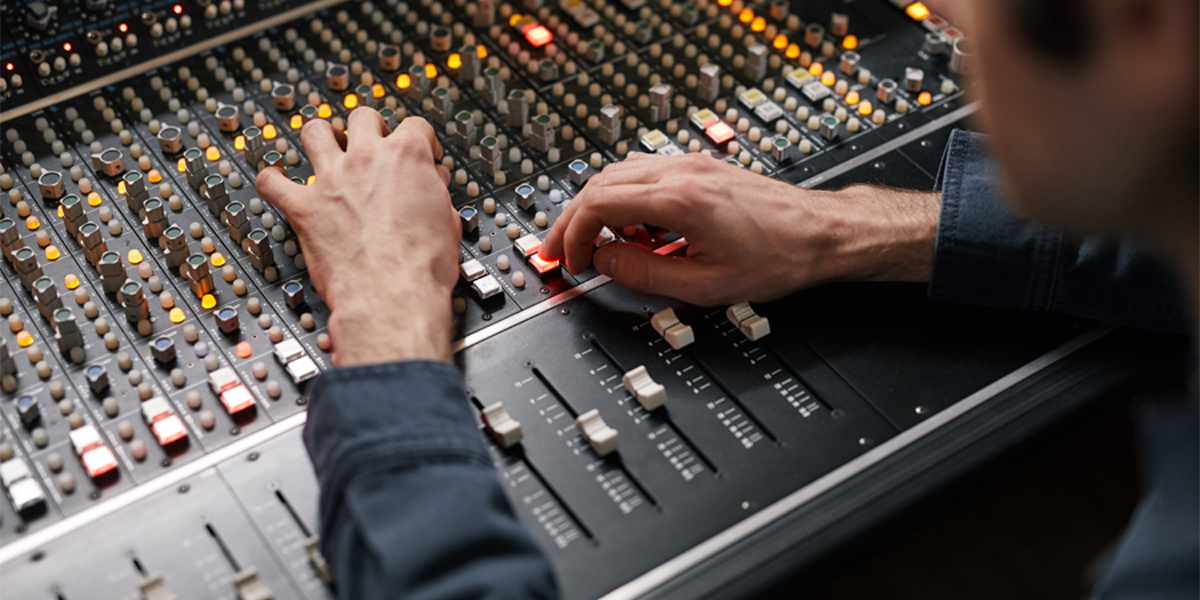Published On 26-08-2025

The Ultimate Guide to Professional-Quality Audio for Live Events
There’s something special about watching live streaming events that sound as good as they look. But all too often, the audio in a live stream comes through full of technical glitches or drowned in background noise. People might overlook a moment of blurry video, but bad sound can make them click away in seconds. That’s why knowing how to optimize audio quality for live streaming events is crucial, whether you’re hosting a webinar, a virtual conference or a live concert.
Good audio starts at the source. Built-in laptop or webcam mics often sound hollow. Investing in the best mic for live streaming you can afford makes a huge difference. USB condenser microphones work well for most setups, offering crisp, detailed sound. Lavalier mics are great for presenters who need to move around, and dynamic mics are perfect for louder environments.
Even the best audio setup for live streaming can’t fix constant background noise. Try to stream from a space away from traffic sounds, fans, or chatter. Soft furnishings like curtains, carpets, and bookshelves absorb echoes, making the room sound warmer.
Nothing is worse than starting a stream and realizing your voice is either whisper-quiet or deafening. Learning how to set audio levels for clear live streaming sound means speaking at your normal volume while ensuring that the input meter in your streaming software is mostly in the green. Occasional yellow peaks are fine, but red means distortion is happening.
A pop filter in front of the mic softens harsh "p" and "b" sounds, preventing loud pops from ruining your stream. Position the microphone 6-12 inches away from your mouth, slightly off-center. This setup reduces breathing sounds and sibilance while keeping your voice clear.
For more control, especially if you have multiple audio sources, an audio interface or mixer lets you balance levels and EQ your sound. This kind of gear helps optimize audio for live streaming by giving you professional-level adjustments. But for many solo streamers or small webinars, a quality USB mic is enough.
Before inviting your audience, always do a private test stream. Record it and listen back to hear if the sound is clear, loud enough, and free of hiss or distortion. A step by step guide to improve audio for webinars and live streams always ends with a proper test before going live for real.
Clear, balanced sound makes a livestream feel polished and professional. It keeps viewers engaged and makes sure the message isn’t lost behind poor audio. By following these simple steps, anyone can improve audio quality in live stream setups without needing to be a sound engineer.
Looking to take your events to the next level?
24 Frames Digital helps brands and creators produce high-quality live streaming audio and video for webinars, events, and virtual conferences. Let experts handle the details so you can focus on connecting with your audience. Contact 24 Frames Digital today to get started.
Copyright © 24 Frames Digital